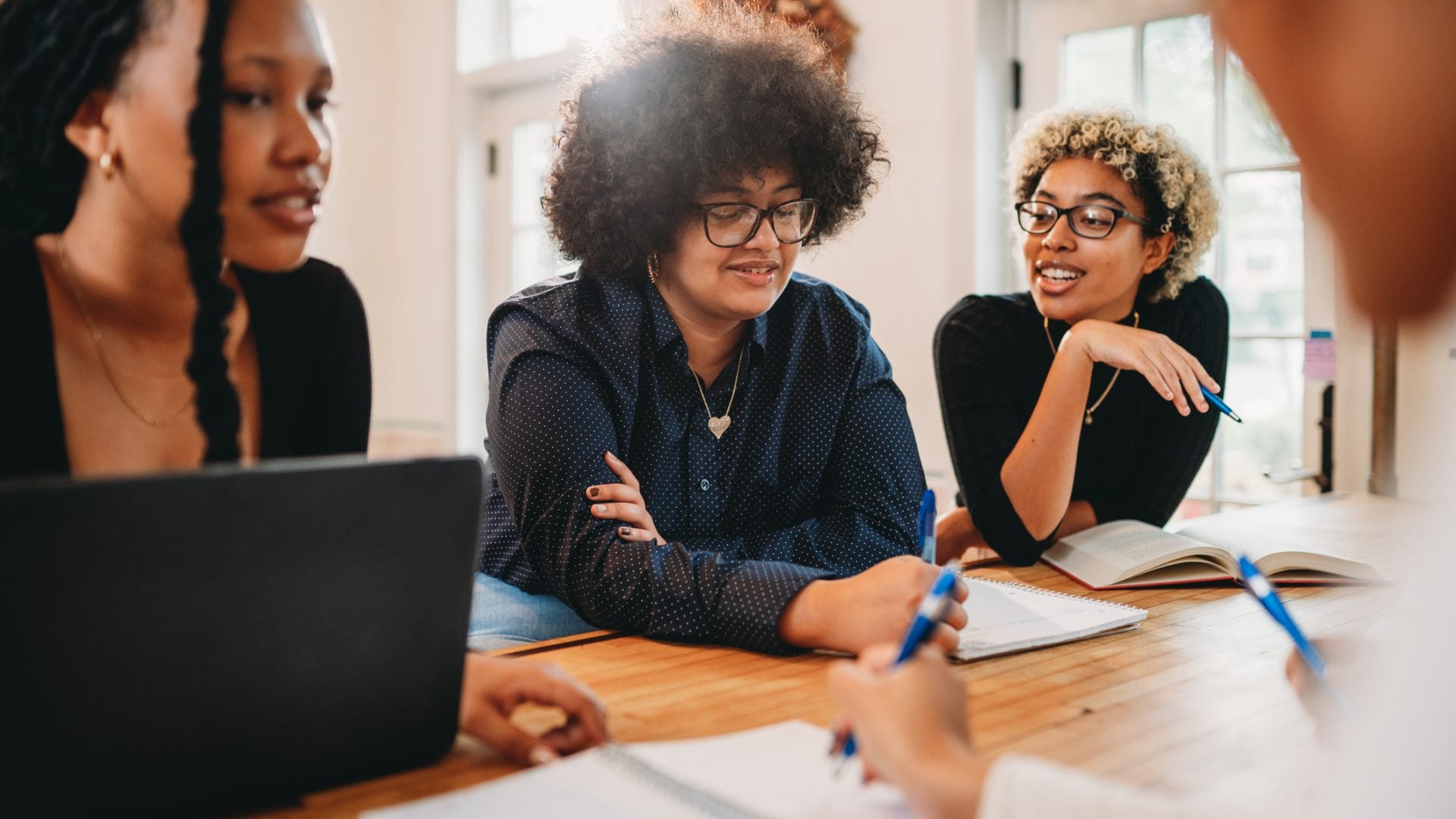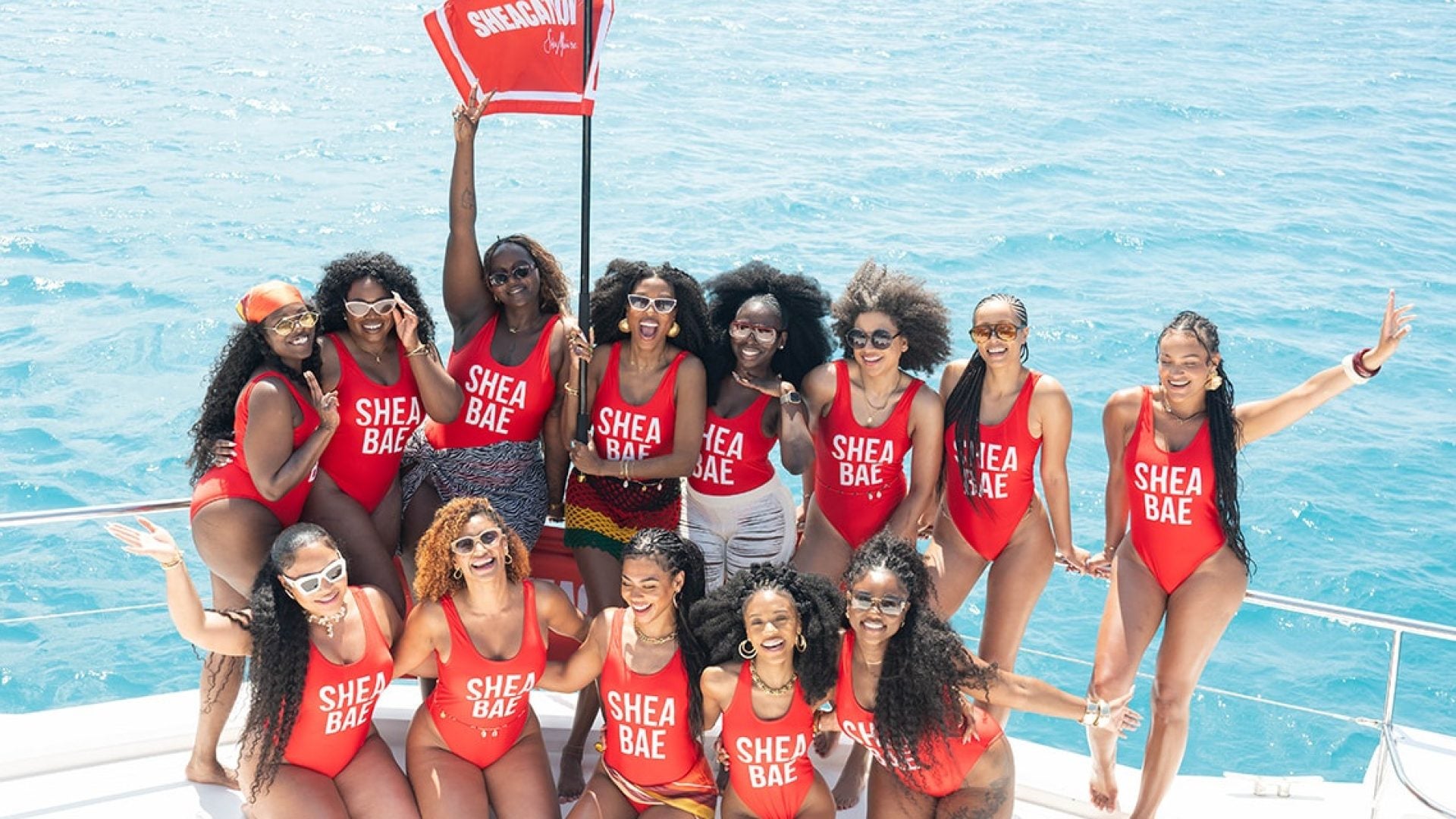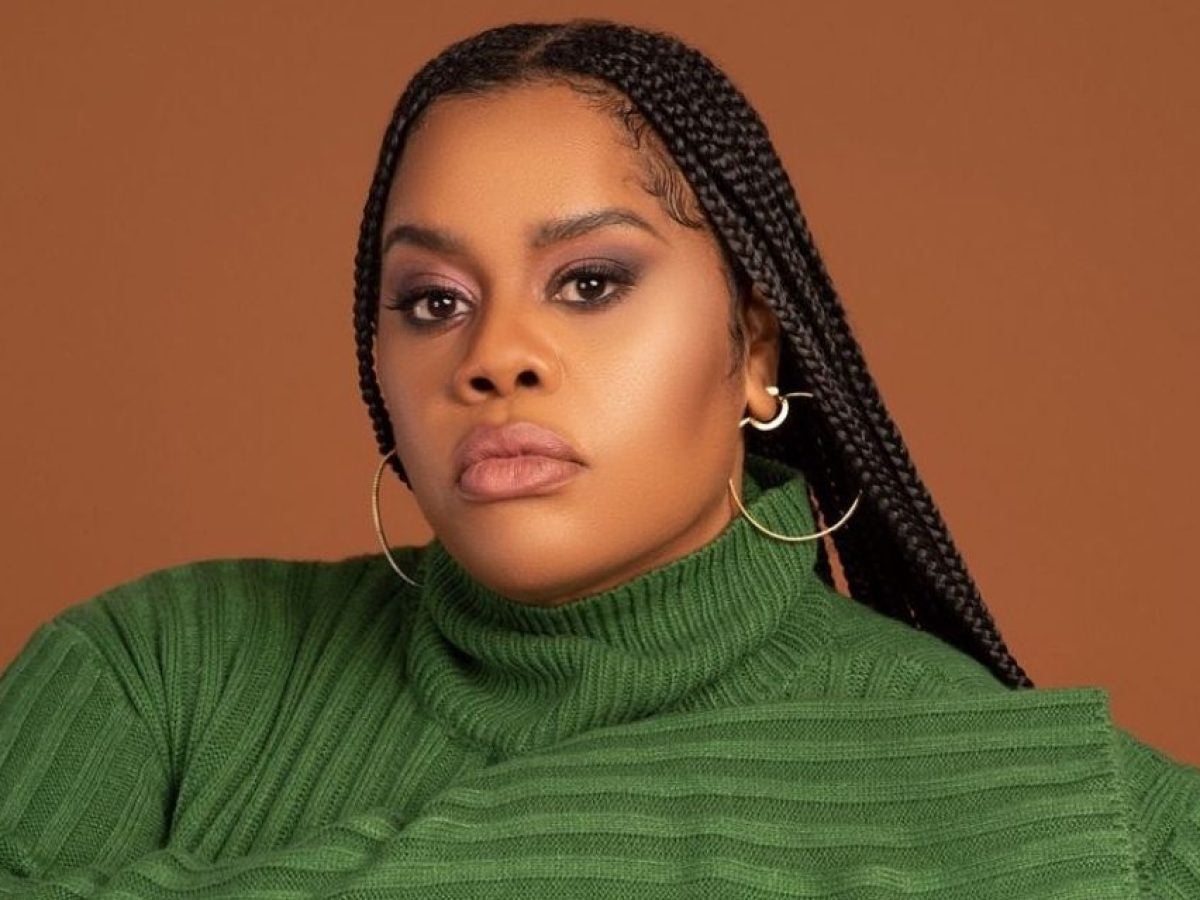
Jessica Norwood was in the middle of her heartbreak, reeling from the death of George Floyd when a question popped into her head: what if the economy actually loved Black people?
The thought came to her while processing that his death was essentially caused by a $20 bill. In 2020, Floyd visited a convenience store to purchase some cigarettes, the clerk thought the money was fake and called the authorities. Then, as we all saw, he lost his life. But what would’ve happened if he clerk never assumed the money was counterfeit? Or, what if Floyd has the resources he needed so he wouldn’t need to use the bill, if it was fake? Would he still be here? Norwood says he would. She acknowledges there’s a sense of inherent financial mistrust baked into the American economic structure that ultimately led to Floyd’s killing.
“We have to work doubly as hard to prove we’re worthy of being invested in on every level,” Norwood explain. She is the founder of RUNWAY, a financial innovation firm that helps connect Black entrepreneurs with capital-securing opportunities, and has studied the systemic inequities the community faces daily.
“Our country’s most powerful structures refuse to own the practices, behaviors, and beliefs systems that created the pervasive wealth gap that plagues the Black community.”
That chasm currently looks like a $165,000 difference between what Black households have in savings and investments ($24,000) compared to the $189,000 white households have. What’s more, Black founders receive just 2% of venture capital, and Black women get a measly 0.02% share of the VC investment.
Of course, Norwood says, this is by design.
“We all know how we’ve gotten here and certain factors need to be undone in order to repair the gaping hole in our economic parity,” Norwood says. “It’s not just putting money into the hands of Black and Brown business owners, but it’s also looking at the personal, interpersonal and failing systemic areas to make significant changes there. To really address racism, it was important to write about being antiracist, to say that you can’t name a thing and say that there is this racial world gap and then refuse to deal with racism.”
Her new book, Believe-In-You Money: What Would It Look Like If The Economu Loved Black People, set to release in October, explores what it would look like if America loved and trusted Black people the way it should. It also unpacks exactly what that would look like.
“Reparative capital,” Norwood says. “And that’s where believe-in-you money really comes from. This idea of being truthful about the experiences that created this wealth gap. And it is something that can be done.”
In the book, Norwood takes a look at the institutions that get it right, and how America can do the same.
“They have to acknowledge their wrong-doing toward us, that’s the first step,” she says. To her her point, in 2018, Denmark apologized to Ghana, a country it colonized for more than 200 years. Also, British financial institutions like Lloyd’s of London have publicly stated and said sorry for benefitting from their role in the Atlantic slave trade, which ultimately decimated a number of Caribbean countries.
“It’s about more than just saying a lot needs to be done to repair the damage, so, let’s support them, but also, let’s not ask underfunded founders to show up and provide all the services and things that you need when they don’t have the proper financing during and immediately after a global pandemic,” she says. “Why not ask them to do this when things are going good? Why put this down on folks at this moment and make them feel as if ‘I don’t take advantage of filling out all this paperwork for all of these programs and doing all of these things and I’m failing or I didn’t seize this moment well enough.'”
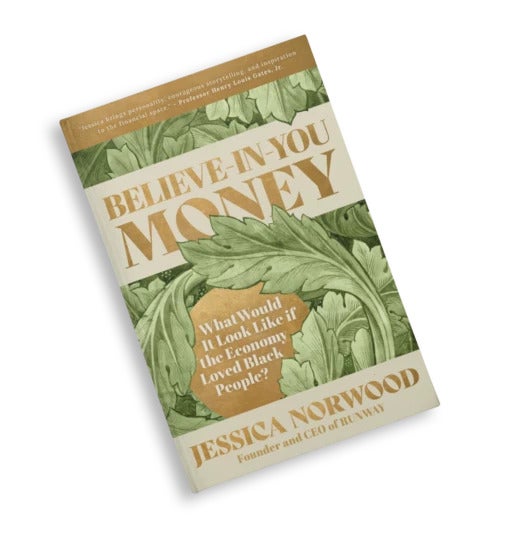






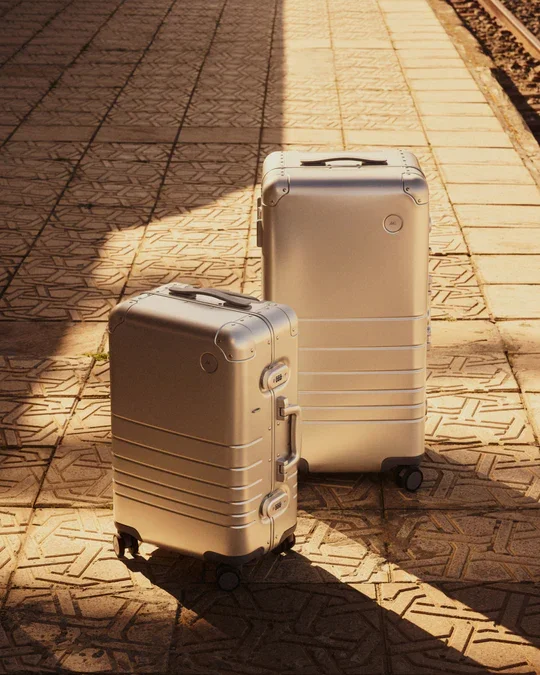
Although ‘believe-in-you money’ is a lofty goal, Norwood thinks it’s achievable and says she’s excited about the possibilities.
“I feel excited,” she shares. “There’s this dream that I started having. I was in heaven and I was standing in line waiting to get my job for what I was going to do on earth. And there’s a line and then I walk up to like a rickety old card table and I there’s this angel who’s giving out jobs sitting there. And the angel says, you are going to do repair work. You’re going to repair the things that have been broken and fractured between people and you’re going to help people to find their way back to each other. That’s going to be the work that you do. And I went off and I spent my whole life thinking like, that is the job that the angel gave me to work on. And I’m living my dream.”
This interview was edited for clarity and brevity.


